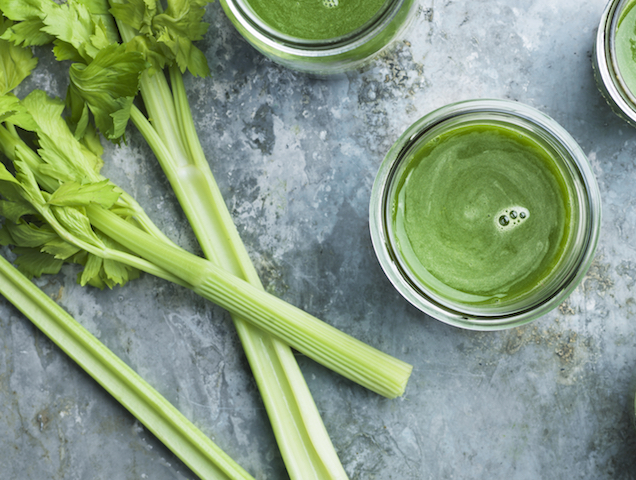Hot water and lemon? That’s so last year. Drinking celery juice on an empty stomach first thing in the morning has become the thing to do, fueled by Instagram accounts like the Medical Medium Instagram account, which has nearly a million followers. Instagram’s healtherati — think Healthy With Nedi and Melissa Wood-Tepperberg…

How to minimize that uncomfortable overly full feeling.



